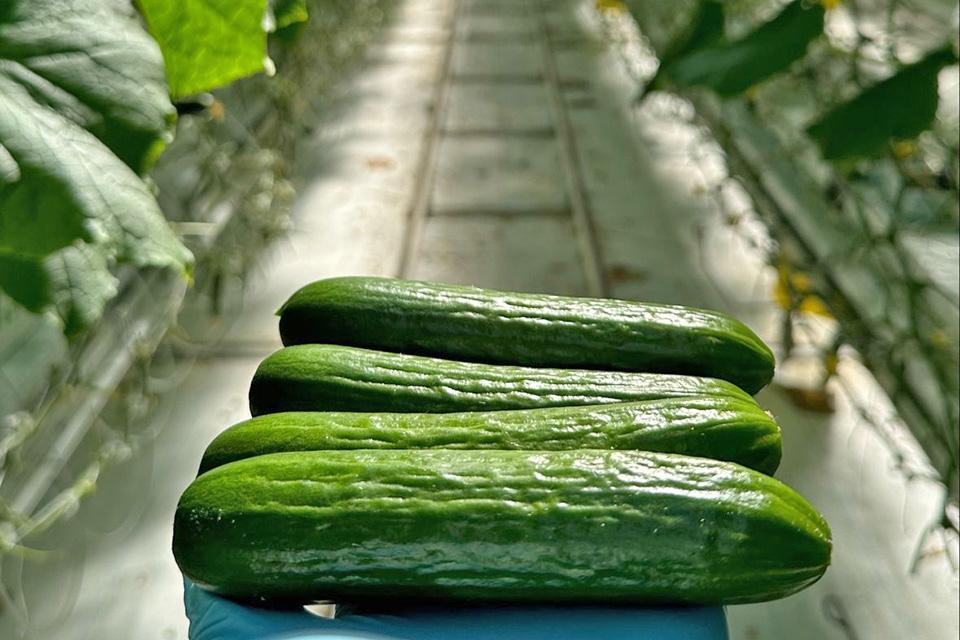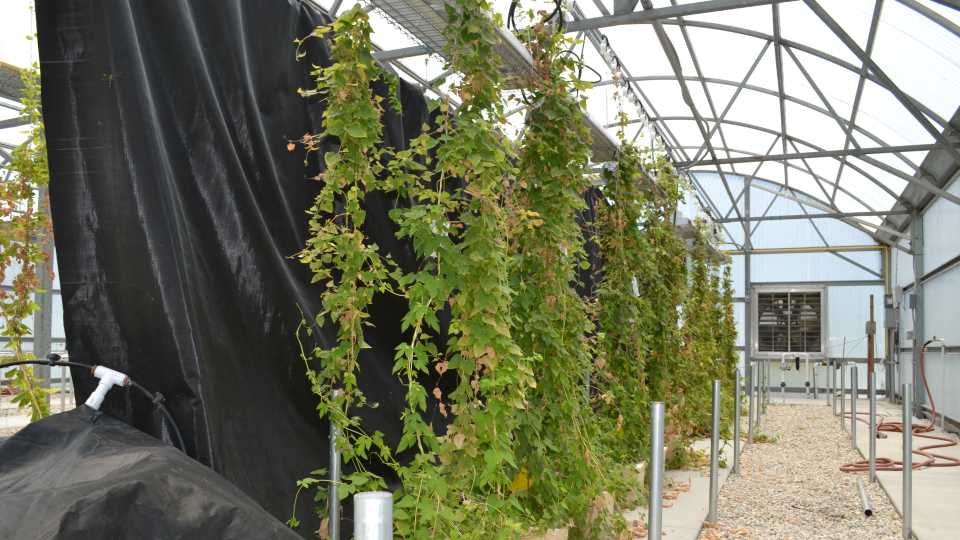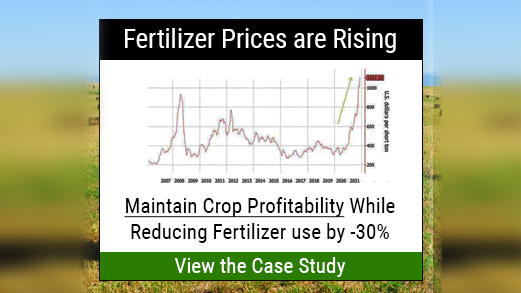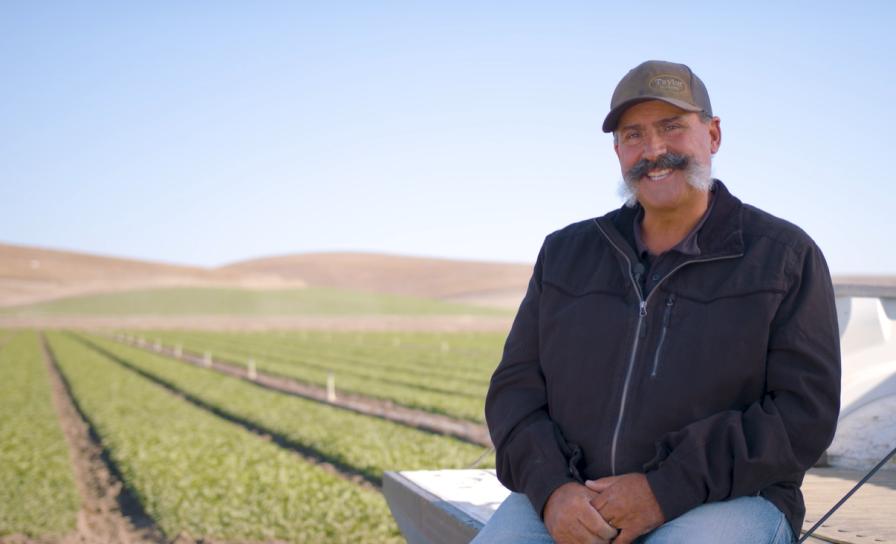New Biorefinery Fuels Up In Florida
Last week marked the official launch of the Stan Mayfield Biorefinery Pilot Plant in Perry, FL, a cooperative venture between the University of Florida’s Institute of Food and Agricultural Sciences and Buckeye Technologies Inc. A crowd of about 200 people attended a ribbon-cutting ceremony at the plant.
The biorefinery, which will develop methods for producing fuel ethanol and other compounds from inedible plant material, is named for the late Stan Mayfield, a member of the state House of Representatives from 2000 until his death in 2008.
Mayfield was instrumental in securing a $20 million appropriation from the Florida Legislature to fund the biorefinery, noted UF Senior Vice President for Agriculture and Natural Resources Jack Payne as he addressed the audience inside the 18,500-square-foot facility.
The commitment to that partnership was evident in the roster of speakers during the dedication, which included state Commissioner of Agriculture Adam Putnam, UF President Bernie Machen, and Buckeye Technologies Inc. Chairman and CEO John Crowe.
Attendees included numerous agricultural leaders and high-ranking officials from state government, UF, Buckeye and other groups involved in the project. Among them was Lonnie Ingram, a UF distinguished professor of microbiology and cell science, who developed a genetically modified bacterium that will be key to the biorefinery’s operations. The bacterium breaks down cellulose, a major component of plant cell walls, yielding simpler compounds used to produce fuel ethanol and bioplastics.
When fully operational, the biorefinery will produce up to 400 gallons of fuel ethanol and 5,000 pounds of organic acids for bioplastics each day. Some of the researchers’ goals include testing a wide variety of feedstocks, such as crop residues and yard waste, and finding ways to save money on production costs.









